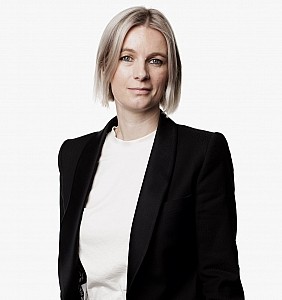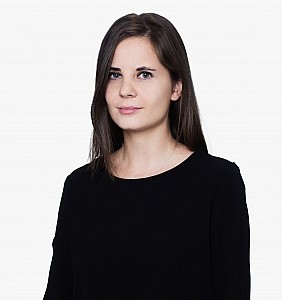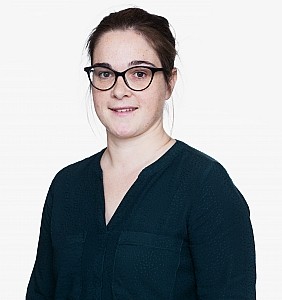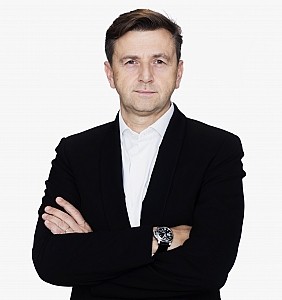Het begin van een nieuw Europees octrooisysteem: het Unitair Octrooi en het Eengemaakt Octrooigerecht uitgelegd


It has been a long road but it seems that it is finally happening: Europe is on the brink of a new patent system. The new system will allow applicants to obtain a patent with unitary effect in the countries of the European Union, while the Unified Patent Court will allow centralized patent litigation. It is believed that the novel system will become more attractive to applicants, and will also be more cost-friendly.
The Unitary Patent (UP)
The Unitary Patent is a single patent covering all EU Member States that are participating in the system. The prosecution of an EP application will remain unaltered and will be conducted by the EPO. Once granted, the patentee can file a request for Unitary Effect (to be filed within one month after the grant), thereby enjoying coverage in all participating EU member states. The Unitary Patent omits the necessity to validate a granted European patent in the national states of interest and also omits the many translation requirements that to date are linked to the validation of a European patent. If the language of the proceedings was English, only one translation in any language of the Member States is required. If the procedural language was French or German, a translation to English will be needed. Hence, every European patent will now always be available in English. In addition, only one maintenance fee is to be paid yearly for EU coverage. It is believed that the latter will contribute to a more democratic and more cost-effective patent system in the EU.
The drawback is that not all EU countries will participate from the start. Spain, Croatia and Poland have not signed the Agreement. And Brexit logically also resulted in the UP-exit of Great Britain. In addition, many non-EU members that are Contracting States of the EPC such as Switzerland and Norway will not take part. For those members who are not part of the UP system, patent protection can be sought via the national or classic validation route. This may contribute to additional costs for the Patentees.
The Unified Patent Court (UPC)
Together with the Unitary Patent, the Unified Patent Court will also see the daylight. The Unified Patent Court or UPC will be an international court with exclusive competence that deals with infringement and validity of classic European and Unitary patents. The decision of the court will have automatic effect in all participating member states. Hence, one will be able to enforce or lose its patent for the whole EU. Until today, patent litigation in Europe is dealt with on a national level, often resulting in divergent judgments throughout Europe.
The Court of First Instance of the UPC will have three central divisions. The Paris division will handle cases relating to physics, electronics, computer sciences, paper and textiles while Munich will handle mechanical engineering. London was initially scheduled to handle cases involving chemistry, life science and pharmaceuticals, but this division will be reallocated after Brexit. Milan is actively advocating to take London’s place for the third UPC central division and is believed to be successful with their endeavor. Local and regional divisions will support the central divisions and will allow handling cases in the local languages. The local division in Brussels for instance will be able to have hearings in English, German, French and Dutch. The Court of Appeal will have its seat in Luxembourg.
Practical
The start of the UP/UPC will be defined by the moment gatekeeper Germany has deposited their instrument of ratification of the “Agreement on a Unified Patent Court (UPCA)”[1]. The Unitary Patent system will then start operations on the first day of the fourth month after the deposit of the ratification document of Germany.
The ratification of Germany also marks the beginning of the Sunrise Period, a period of three months prior to the start of the UPC. As of the start of the Sunrise Period, holders of a European patent portfolio may opt-out of the exclusive competence of the UPC. By opting-out, only national courts will have jurisdiction over the relevant European Patent. Hence, it will be important to screen existing portfolios, to determine for each of individual patent, whether an opt-out is relevant or not. Opting out is an administrative procedure before the UPC.
Once the UP and UPC is up and running, a transitional period of 7 years (possibly extended to 14 years) will be available, during which the UPC will acquire joint jurisdiction over your European patent, together with the national courts, unless you opted out from UPC. Enforcement of a European patent can occur before the UPC or before a national court. Also invalidation actions or actions for declaration of non-infringement can be initiated either at the UPC or before the competent national courts with respect to that European patent.
After the expiry of the 7 or 14 year transitional period, the UPC will acquire exclusive jurisdiction of all European patents and pending applications that have not been opted-out.
Next steps and key points to take into account
For Applicants
- Review together with your patent attorney which strategy may be more beneficial: a unitary patent or a ‘regular’ EP patent. Both cost and strategic relevance of the application should play a role
- For applications that received an intention to grant before the start of the UP but are not granted yet: evaluate with your patent attorney whether a postponement of grant is relevant, in order to be able to enjoy the UP system
For Patent Holders
- Evaluate your current patent portfolio: for each individual granted patent it should be decided whether to opt-out from UPC or not
- If the patent is co-owned, a joined decision should be taken
[1] It was announced that the Sunrise period will likely start on March 1st 2023, with the UP and UPC being launched on June 1st 2023.
Do you have a question?
We would be happy to assist you.
Make an appointment with one of our experts.
Rest assured, you're not alone.
Feel free to browse through the FAQ and don't hesitate to
contact us if you still have any doubts.




